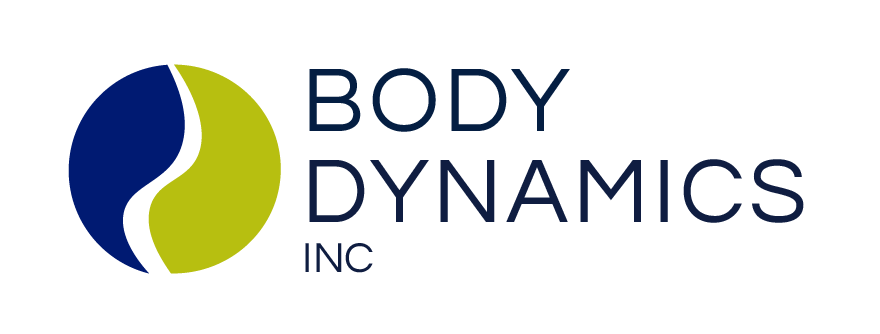“I used to think massage therapy was my reward for exercising 3 times a week. But I see now that it makes my workout more effective.”
-Pru Bovee, May 2017
Why Massage?
The role of massage in our overall health and well-being goes way beyond rest and relaxation. Athletes, coaches, weekend warriors, and brand new exercisers have shared that massage helps to reduce pain, improve performance, encourage focus, shorten recovery time and even prevent injury. Bold statements — so let’s dive into how massage can possibly help to do all that.
How Does Massage Help?
Massage involves two types of responses.
1). A physiological or mechanical response as a result of the pressure and movement
2). A psychological or reflex response where the nerves respond to the stimulation of the massage.
In the physiological response, massage affects the cardiovascular system. By manually encouraging blood flow back to the heart, fresh oxygen and nutrients are being delivered to the tissue. The increased and enhanced blood circulation helps to relieve muscle tension, reduce soreness, and make for a faster recovery. Then the relaxed muscles can experience “an increase in range of motion and flexibility,” as explained in a study in the Journal of Sports Medicine and Physical Fitness. Both of these benefits can lead to improved performance.
Research by the Buck Institute for Research on Aging and
McMaster University in Ontario, proved that massage, following a bout of strenuous exercise, reduces inflammation and promotes the growth of new mitochondria, the energy-producing units in the cells,.
So can massage reduce that Delayed Onset Muscles Soreness
(DOMS – See our previous Newsletter on DOMS HERE)? Numerous studies have proven that massage may be effective for alleviating DOMS (in some studies, by up to 30%) and reducing swelling.
From a psychological perspective, it’s well known that massage can help to reduce stress and tension while promoting relaxation by activating your parasympathetic nervous system. The study in the Journal of Sports Medicine and Physical Fitness reminded us that athleticism or exercise doesn’t rely solely on physical strength. “Tactical maneuvering in cycling or an ability to focus on a task (e.g. golf or gymnastics) can also affect performance. Therefore, the psychological effect provided to any exerciser by an experience such as massage may be of importance in a non-physiological manner.”
